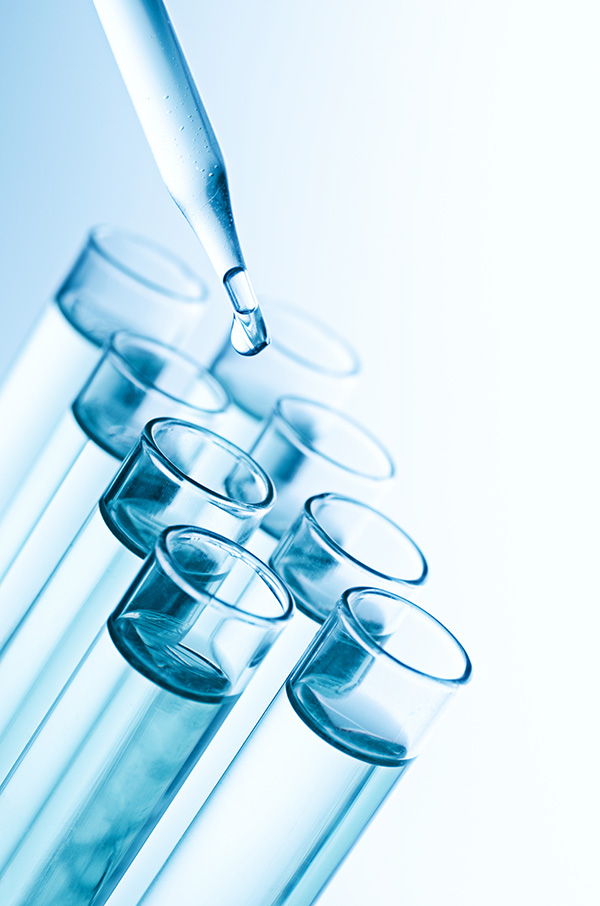
About

About And Our Mission
The Torrelles laboratory is a multidisciplinary, international group of researchers studying some of the world’s deadliest pathogens, including Mycobacterium tuberculosis (M.tb), severe acute respiratory syndrome coronavirus 2 (SARS-CoV-2), and human immunodeficiency virus (HIV) infections, which are leading world causes of death due to a single infectious agent. Our work tackles different aspects of infectious disease research, from pathogen adaptation to the tissue environments, host determinants driving infection outcomes, and host-pathogen interactions, to the improvement and development of novel diagnostic tools, therapies and vaccines strategies against those pathogens.
We are especially interested in understanding the impact of the human lung mucosa in infectious disease pathogenesis. We have previously identified certain homeostatic hydrolytic enzymes and soluble components in the human lung mucosa that can modify the cell envelope of M.tb prior to infection of host cells, resulting in different infection outcomes. We are currently investigating how these components change the pathogen and its metabolism, with the ultimate goal of finding novel targets that can be used in prevention and treatment strategies to tackle early stages of infection. In addition, we have observed that as we age, some of the components in the human lung mucosa become dysfunctional, leading to increased susceptibility to respiratory infections such as M.tb. We observe similar outcomes with other co-morbidities such as diabetes and HIV infection. Thus, we aim to understand cellular and systemic changes that influence the lung mucosa composition as we age, with the ultimate goal of defining which elements of the human lung mucosa are critical to confer protection against being susceptible to respiratory infections, and develop new treatment strategies and delivery methods to prevent and treat TB and other respiratory diseases.
Our laboratory is also involved in the development of novel TB diagnostic tools. In this regard, we are currently working with partners in four continents to test a new diagnostic tool, the 2G test for TBdrug susceptibility testing (DST). The 2G test is a novel, affordable, and fast test to be used in mid and low-income settings with high TB burden. Currently, in these settings, referenced gold standard DST results take between 56 to 186 days. With the novel 2G test, we can reduce this time to 14 days or less, which will allow better therapies and reduce TB transmission, especially in high burden TB areas.
Since 2020, our laboratory has joined the fight against coronavirus disease 2019 (COVID-19). As part of our contributions to the field, we established and validated emerging models of infection, such as animal models and 3-dimensional tissue substitutes, and are currently identifying and validating human monoclonal antibodies and therapeutics as potential candidates for clinical use against SARS-CoV-2. We are also validating the use of novel disinfectants and are closely working with our partners in the industry to validate new technologies to reduce community spread of airborne pathogens.
Main Technologies and Methods Used
- Mycobacterial Cell Envelope Biochemistry (Proteomics, Lipidomics, Glycomics)
- Human Lung Mucosa Biology (Soluble Innate Responses)
- Human Lung Mucosa Biochemistry (Proteomics, Lipidomics)
- Human Primary Cell Biology (Macrophages, Neutrophils, Alveolar Epithelial Cells, T cells)
- Innate and Adaptive Immunity
- Animal modeling of Mycobacterium tuberculosis infection
- Animal modeling off SARS-CoV-2 Infection
- 3-Dimensional tissue models of infection
- Next-generation sequencing technologies (NGS) (scRNAseq, RNAseq)
- Nano-delivery of therapeutics and biological compounds

